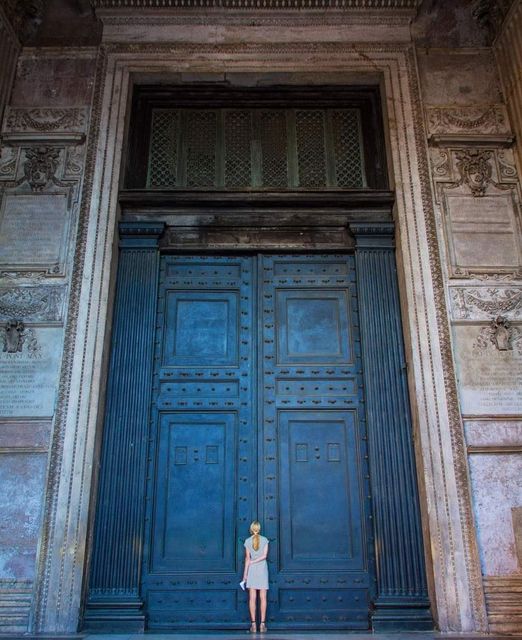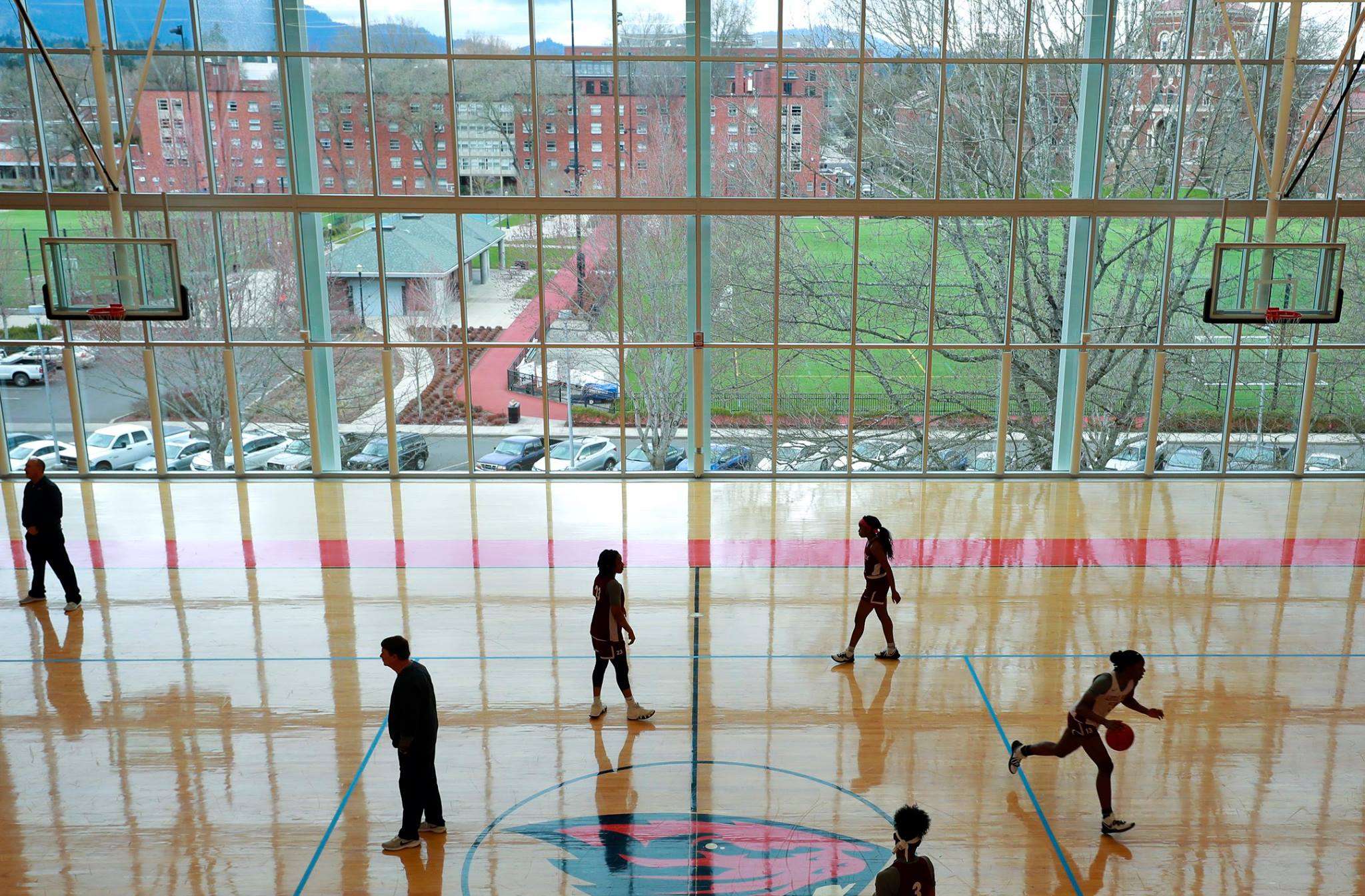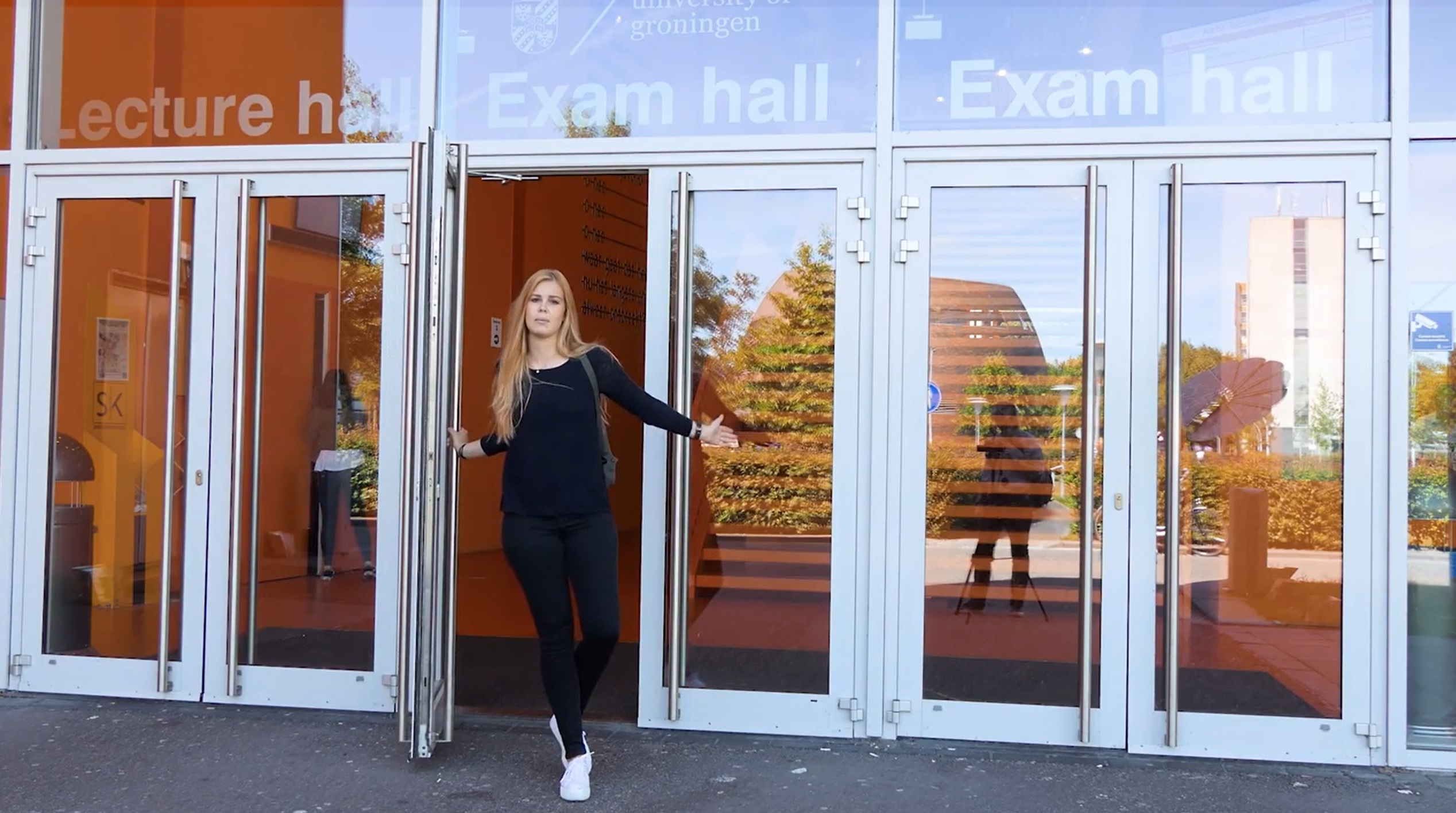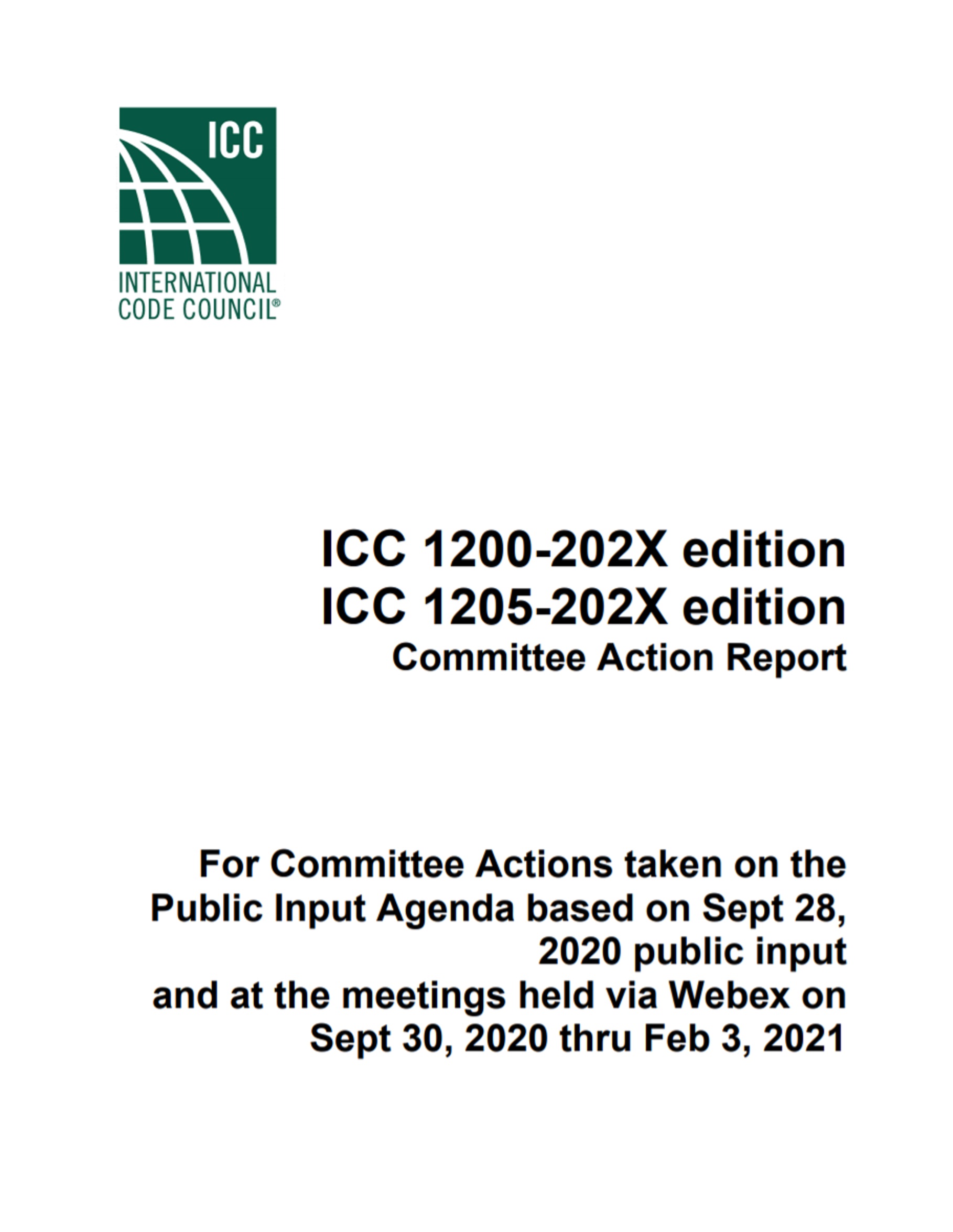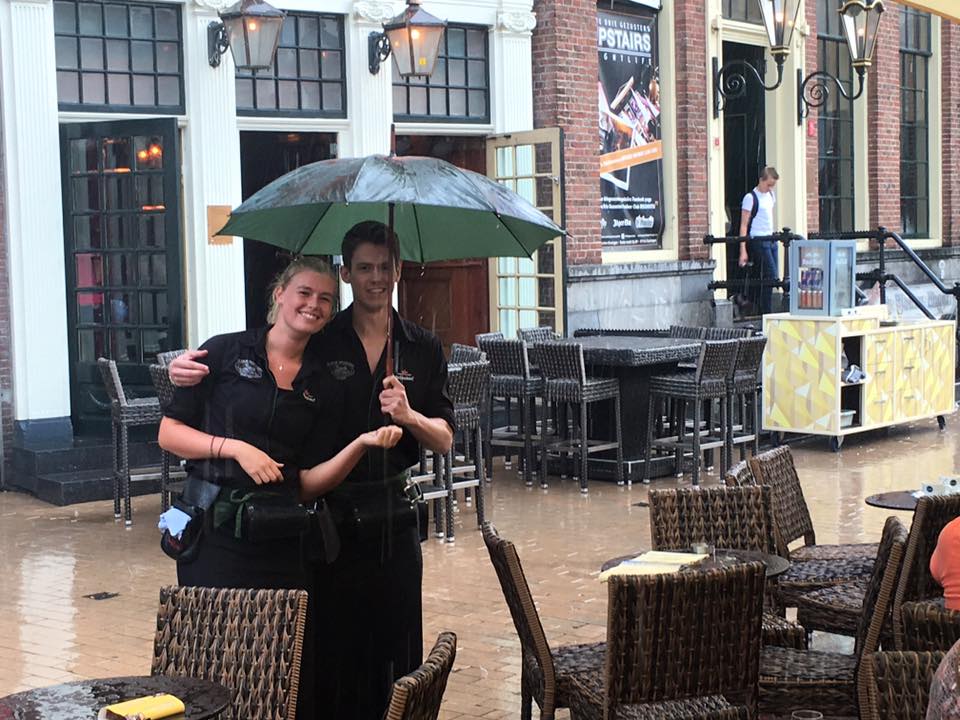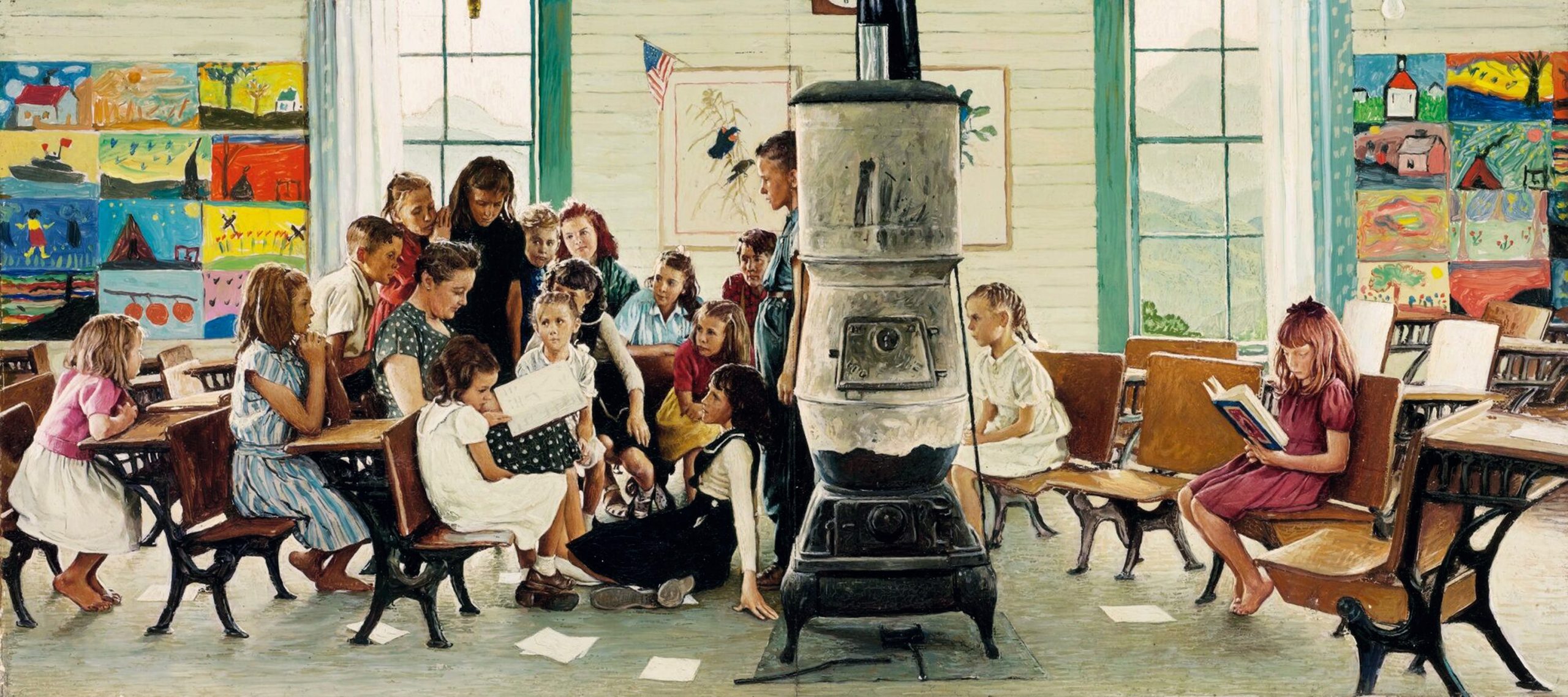“No work of art can be great,
if it is not composed of the smallest things.”
— Vitruvius (Book VII, Chapter 9)
Today during our usual hour we sweep through standards action in building glazing, entrances and means of egress. The word fenestration (Latin: fenestra) has become a term of art for the design, construction, and placement of openings in a building, including windows, doors, skylights, and other glazed elements. While the word has sparse use in the International Code Council and National Fire Protection Association catalog it is widely used by the Construction Specifications Institute in its MasterFormat system for organizing construction standards, guidelines and building contracts.
The percentage of a building envelope “skin” that is comprised of doors and windows varies depending on the specific building design, function, and location. However, a commonly cited range is between 15% to 25% of the total building envelope. The actual percentage will depend on several factors such as the building’s purpose, orientation, local climate, and energy performance goals. Buildings that require more natural light or ventilation, such as schools, hospitals, and offices, may have a higher percentage of windows and doors in their envelope. In contrast, buildings with lower lighting and ventilation requirements, such as warehouses, may have a smaller percentage of windows and doors.
Fenestration presents elevated risk to facility managers. The education facility industry is a large target and a pattern of settling out of court. For example:
- In 2013, a former student at Yale University sued the school over a broken window in her dorm room. The student alleged that the university was negligent in failing to repair the window, which allowed a burglar to enter her room and sexually assault her. The case was settled out of court in 2015 for an undisclosed amount.
- In 2019, a student at the University of California, Los Angeles sued the school over a broken window in her apartment. The student alleged that the university was negligent in failing to repair the window, which allowed a swarm of bees to enter her apartment and sting her. The case was settled out of court for $4.5 million.
- In 2020, a group of students at Harvard University sued the school over its decision to require them to move out of their dorms due to the COVID-19 pandemic. The students alleged that the university breached its contract with them by failing to provide suitable alternative housing, including functioning windows and doors. (The case is ongoing; best we can tell as of the date of this post).
These cases illustrate that colleges and universities can face legal action related to doors and windows, either due to alleged negligence in maintaining or repairing them, or due to issues related to student housing and accommodations.
Our inquiry breaks down into two modules at the moment:
Exterior facing fenestration
Interior window walls and doors
Join us online at the usual time.
Related:
— Ramin Nasibov (@RaminNasibov) May 25, 2024


